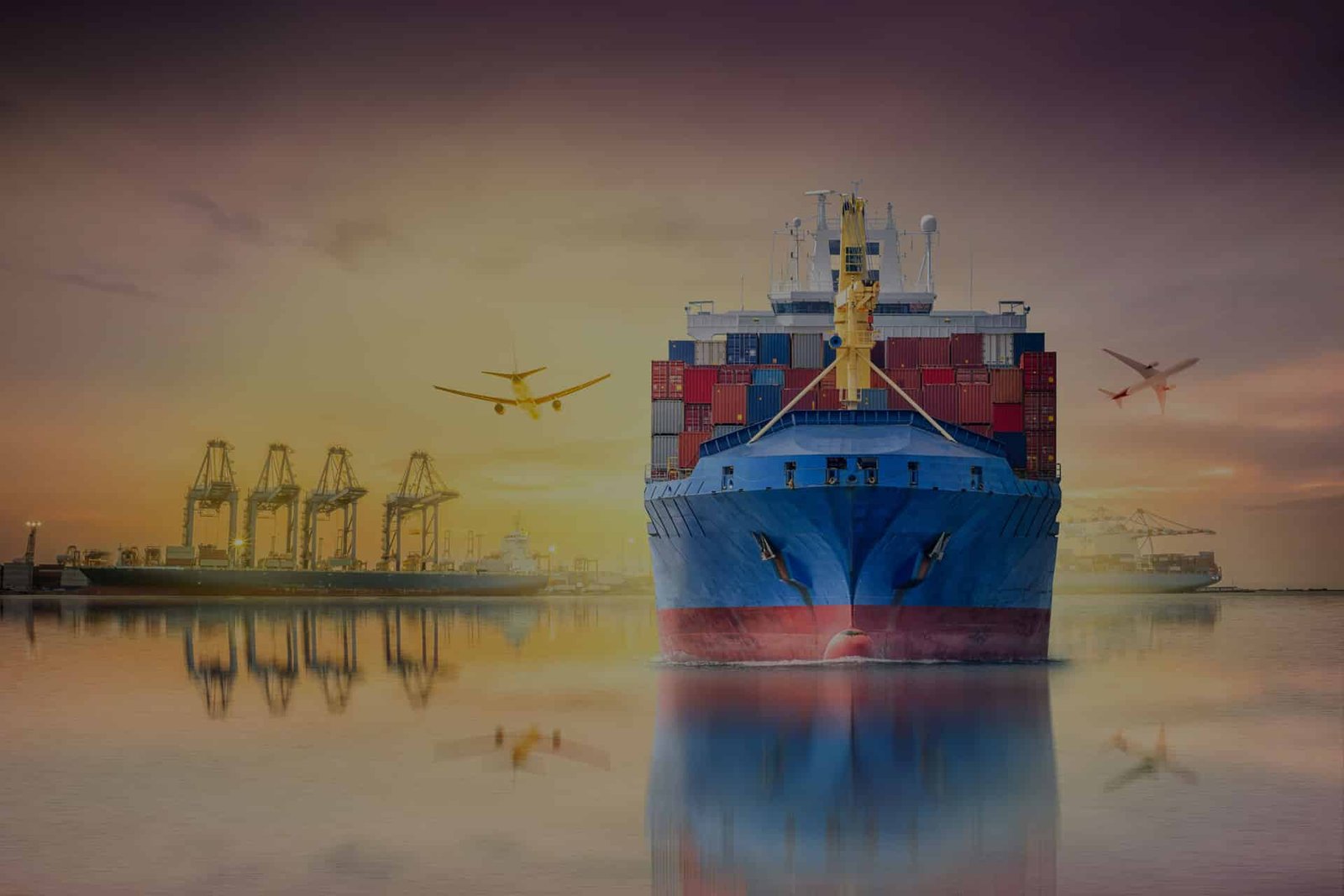The rapid increase in world trade in the past decade has restructured the global maritime industry and has brought about new developments, deregulation, liberalization and increased competition.
There have been dramatic changes in the mode of world trade and cargo transportation, characterized by the prevalence of business-to-business and integrated supply chains. These changes have been embodied in the increasing demand for value-added logistics services and the integration of various transportation modes.

Learn the modern Maritime Logistics Concepts
Maritime Logistics Course Contents
Defining Maritime Logistics and Its Value
- Maritime logistics in concept
- Maritime logistics value defined
- Strategic significance of maritime logistics value
- Concluding remarks
International Maritime Trade and Logistics
- Logistics and supply chain management
- Logistics and transport
- Global trade and international maritime trade
- Global trade and international trade
Developing Liner Service Networks in Container Shipping
- Background on container shipping
- Configuration and design of liner shipping services
- Shipping routes, network patterns and port centrality
- Supply Chain Integration of Shipping Companies
Tanker Shipping Logistics
- Transfer components
- Marine terminals
- Contractual relationships
- Cargo transfer procedures
- Cargo losses
Dry Bulk Shipping Logistics
- Dry bulk trade
- Dry bulk fleet
- Economies of dry bulk trade
- Principles of dry bulk shipping logistics
Dry Port in Concept and Practice
- Intermodality and seaport inland access
- Intermodal terminal facilities
- The dry port concept
- Dry port examples
Port and Logistics Chains: Changes in Organizational Effectiveness
- Ports and logistics chains
- Port authorities in logistics chains

